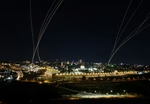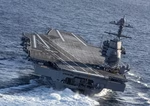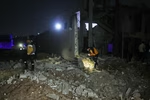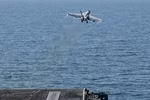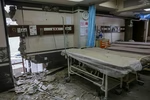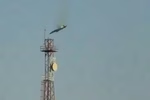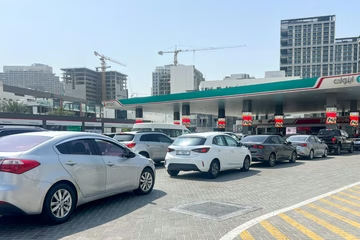Banja Luka trilateral meeting called off
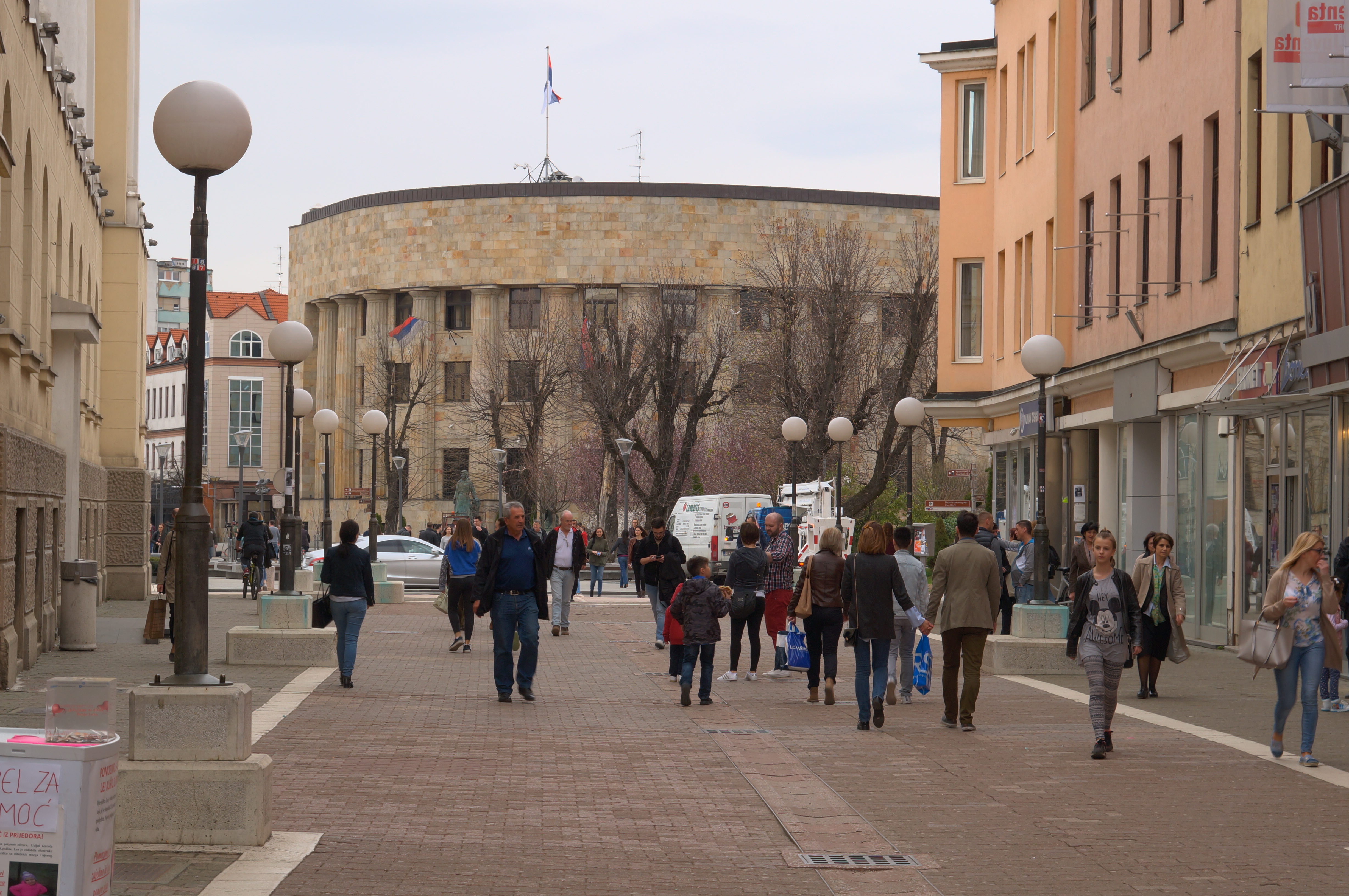
The trilateral meeting of foreign ministers of Bosnia and Herzegovina, Serbia and Turkey, which was scheduled for this week in Banja Luka, has been cancelled, Bosnia's Foreign Ministry said on Monday.
Oglas
“We inform the media that the trilateral meeting of foreign affairs ministers of Bosnia and Herzegovina, Republic of Serbia and Republic of Turkey, planned for tomorrow, is postponed. A new date will be subsequently arranged and announced,” the ministry said explaining that the meeting was called off due to extraordinary duties of Turkish Foreign Minister, Mevlut Cavusoglu.
The ministers are expected to discuss common topics such as regional projects in the sector of transport infrastructure, economic cooperation as well as the general political situation in the region.
Bosnia's Foreign Minister, Igor Crnadak, earlier said that Foreign Minister of “temporary institutions in Pristina” Behgjet Pacolli will attend the informal meeting of foreign ministers of the Southeast European Cooperation Process (SEECP) countries, with the consent of Belgrade institutions, scheduled for the same week in Banja Luka.
Oglas
This possibility was strongly objected by Milorad Dodik, the President of Bosnia's Serb-dominated part, Republika Srpska (RS).
“Foreign Affairs Minister of self-proclaimed Kosovo, Behgjet Pacolli, is not welcome in Banja Luka, where he was invited by Foreign Affairs Minister, Igor Crnadak. Republika Srpska gave no consent for Bosnia and Herzegovina's recognition of Kosovo, so the minister of that fake state cannot be welcome in Republika Srpska,” Dodik said.
He assessed Crnadak's invitation for Pacolli as “a provocation” that he was talked into by “his foreign mentors” and “his party mentor, Mladen Ivanic.”
Trilateral meetings of Bosnia, Serbia and Turkey have been held since 2010 with an aim to improve mutual relations and open room for economic cooperation and disburdening of political relations.
Oglas
SEECP was initiated in 1996 with an aim to strengthen the good-neighbourly relations among all participants from South East Europe (SEE), and transform this region into an area of peace, security, stability and cooperation, with the main goal of full integration of SEE into European and Euro-Atlantic structures.
Kakvo je tvoje mišljenje o ovome?
Učestvuj u diskusiji ili pročitaj komentare
Oglas
Kakvo je tvoje mišljenje o ovome?
Učestvuj u diskusiji ili pročitaj komentare
Oglas





 Srbija
Srbija
 Hrvatska
Hrvatska
 Slovenija
Slovenija








